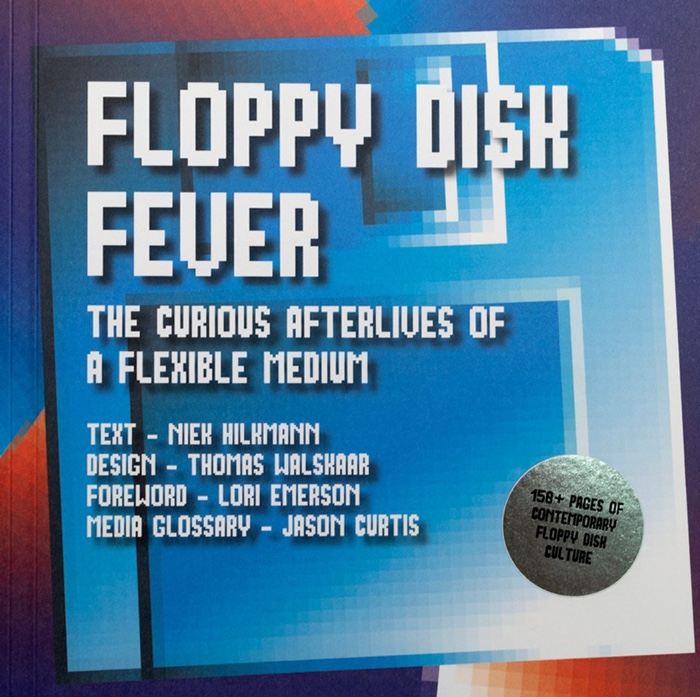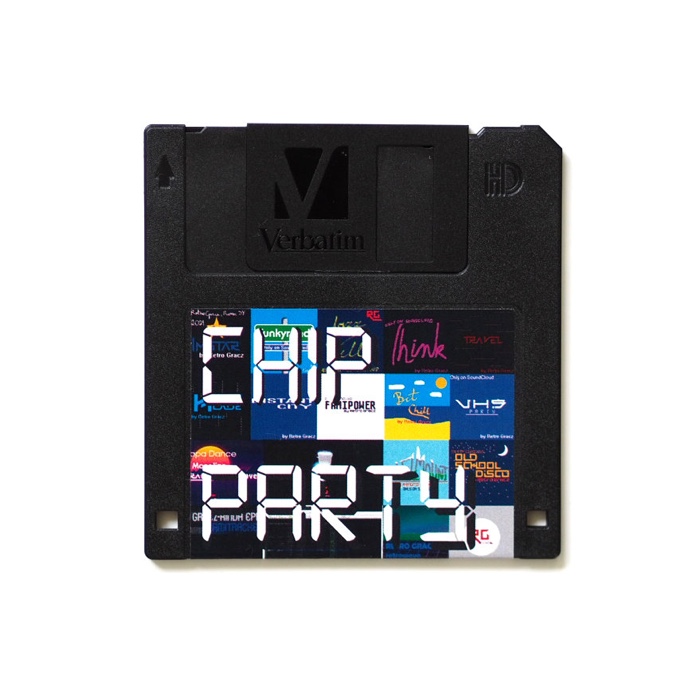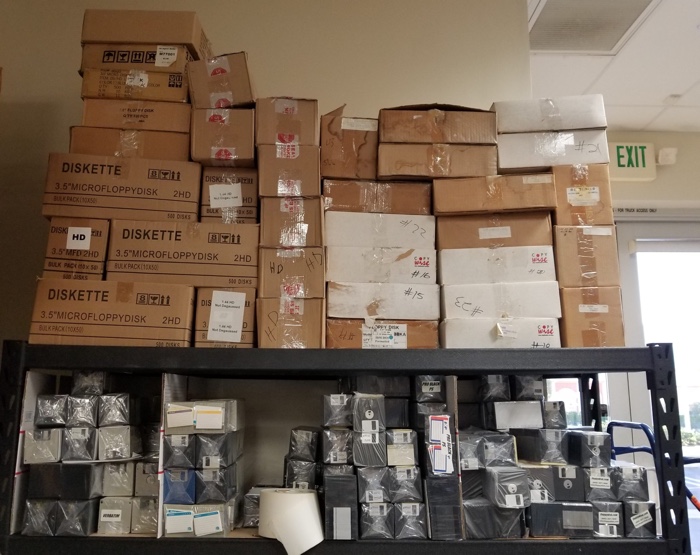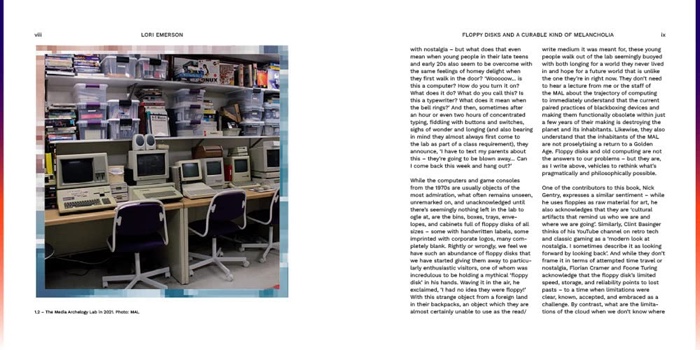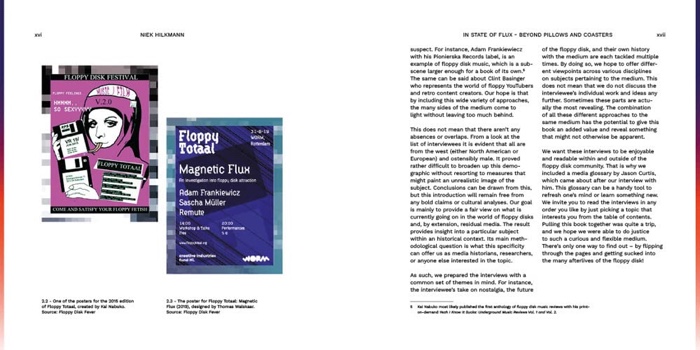Floppy Disk Fever. The Curious Afterlives of a Versatile Medium explores the curious afterlives of the floppy disk in the twenty-1st century by interviewing those involved with the medium these days. It was edited by artist, musician and researcher Niek Hilkmann and graphic designer and researcher Thomas Walskaar. Printed by Onomatopee.
Like several men and women, I experienced assumed that the habit of storing details within a modest-ish beige or black plastic square was prolonged useless. I vaguely bear in mind a time when they ended up glued to tech journals but that is about it. Floppy Disk Fever, even so, demonstrates that the presence of the obsolete medium in modern tradition is ensured by a surprisingly significant neighborhood of fans, amateurs, artists and lecturers.
The ebook opens with an essay about the possible dangers and effective opportunities of nostalgia. Its creator is Lori Emerson, an Affiliate Professor in the English Department and Director of the Intermedia Arts, Writing, and Performance Plan at the College of Colorado at Boulder as very well as the Founding Director of the Media Archaeology Lab. That is the previous time you will study from a girl in Floppy Disk Fever. The editors of the guide acknowledge that floppy disk enthusiasts come from many backgrounds but that the large the greater part of them are guys from Europe and the US. It was hence challenging to reflect the full spectrum of humanity in a publication dedicated to floppy fervour.
Even nevertheless there is a gentleman-cave vibe in these interviews, they are not about nostalgia, retro kitsch and ageing geekery. They are also about the modern planet and the dematerialisation of most of our interactions with computing.
Floppies waiting around to be transported to consumers of Floppydisk.com. Graphic via Teknofilo
Niek Hilkmann, the key editor of the ebook, organises floppy-centred situations as part of the Floppy Totaal pageant in Rotterdam. That is exactly where he to start with obtained in make contact with with numerous of the people today interviewed in this reserve. They are museum founders, archivists, artists, academics and amateurs and Hilkmann gets them to talk about the modern day use and artistic repurposing of the item.
The a few most intriguing interviews for me are the ones with Tom Persky, Florian Cramer and Adam Frankiewicz.
Tom Persky, the founder of floppydisk.com, a enterprise committed to providing and recycling floppies, discusses the worries of working his company in the 2020s. That is where i learnt that some medical tools even now requires floppies to purpose.
Florian Cramer, a exploration professor at the Willem de Kooning Academy and Piet Zwart Institute, has been building actions of extreme compression in buy to squeeze full films onto the 1.44 MB of floppy disks since 2009. In the interview, he talks about his fascination in doing work with constraints and why his get the job done with floppies shatters the fantasy that electronic engineering is digital and dematerialised.
Adam Frankiewicz is a theatre director and digital audio composer who started an independent file label Pionierska Records in 2014 which publishes audio completely on floppy disks.
Other floppy enthusiasts contain Clint Basinger who produces written content with out of date tech on the Lazy Video game Evaluate YouTube channel Nick Gentry who utilizes floppies and other out of date media as raw content for art Foone Turing, a media collector and hacker who curated an exhibition on floppies at the Personal computer Record Museum in Fountain Watch Jason Curtis, a writer, librarian and collector who launched the Museum of Obsolete Media in 2006 Bart van den Akker, the founder of the Home Computer Museum Jason Scott, archivist at World wide web Archive, filmmaker, performer and historian of tech.
They speak about their partnership with the demoscene and with retro tradition, the disappearance of bodily media, creating cash from obsolete tech, going by the headache of combining aged and new tech, the attraction of “failed” formats, the interplay about previous and new, on-line and offline, media archaeology, their relevance as cultural artefacts, and many others.
Looking through the interviews did not convert me into a floppy aficionado but i could see the position of longing for a time when you could manipulate engineering and see how it worked.
P.S.: I discovered 2 phrases in the e-book and looking at them on line sucked me into a vortex of interesting tales and anecdotes. The initial a person is Sneakernet, the transfer of digital information by physically moving media (these as floppy disks or USB flash drives) instead than transmitting it about a pc community. The next is skeuomorphs, a derivative item that retains ornamental style and design cues from their real-planet counterparts. The trash bin icon on your computer, for instance.

